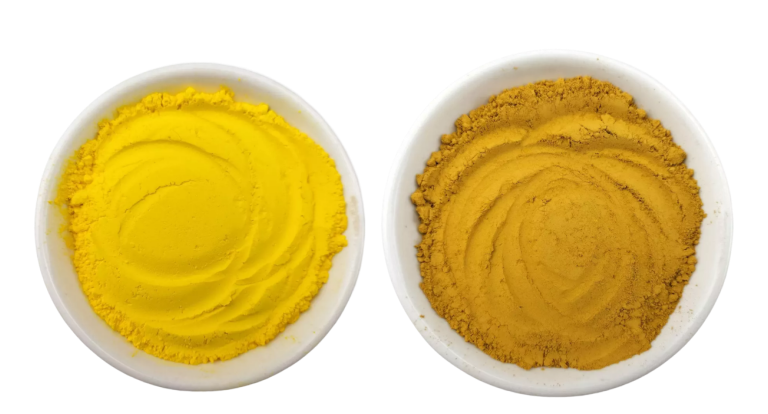
8 月 . 21, 2024 09:54 Back to list
Classification of Suppliers for Calcium Carbonate Products and Services
Classification of Calcium Carbonate Suppliers
Calcium carbonate (CaCO3) is a versatile mineral widely used in various industries, including construction, pharmaceuticals, food and beverage, and plastics. Its applications range from acting as a filler in products to being a key ingredient in cement and antacids. Given its widespread use, suppliers of calcium carbonate play a crucial role in ensuring the availability and quality of this compound. This article aims to classify calcium carbonate suppliers based on different criteria, including their size, the source of the mineral, and the industries they serve.
1. Classification by Size of Supplier
Calcium carbonate suppliers can generally be divided into three categories based on their size large-scale producers, mid-sized companies, and small local suppliers.
- Large-Scale Producers These suppliers typically operate extensive mining and processing facilities. They often have the capability to produce and supply calcium carbonate in bulk to various industries across the globe. Companies like Omya and Imerys are giants in this sector, leveraging their global presence, extensive product lines, and economies of scale to ensure competitive pricing.
- Mid-Sized Companies Mid-sized suppliers usually focus on a specific market segment or geographic region. They are often more flexible than large corporations in terms of customization and customer service. These companies can adapt their offerings based on local demands and preferences, making them valuable suppliers for regional manufacturers.
- Small Local Suppliers These suppliers typically focus on niche markets or specific regional needs. They may provide specialized forms of calcium carbonate, such as micronized or precipitated varieties. Their strength lies in personalized service and local knowledge, making them an essential part of the supply chain for small-scale manufacturers.
2. Classification by Source of Calcium Carbonate
The source of calcium carbonate is another key classification criterion, as it significantly impacts the product's quality and purity.
- Natural Calcium Carbonate This type is sourced from limestone or marble
. The extraction and processing of natural calcium carbonate can vary significantly. Different geological formations yield different mineral compositions and impurities, which can affect the end product's suitability for specific applications.classification of calcium carbonate suppliers

- Synthetic Calcium Carbonate Also known as precipitated calcium carbonate (PCC), this form is produced by chemical processes. PCC is characterized by its high purity and controlled particle size, making it ideal for applications requiring specific physical and chemical properties, such as in advanced pharmaceuticals and specialized construction materials.
3. Classification by Industry Applications
Calcium carbonate suppliers can also be categorized based on the industries they serve, as different sectors have distinct requirements for calcium carbonate products.
- Construction Industry Suppliers catering to this sector often focus on providing bulk aggregates for cement and concrete production, where calcium carbonate serves as a key ingredient in enhancing the material properties.
- Food and Beverage Industry Suppliers in this sector must comply with stringent food safety standards. They provide food-grade calcium carbonate for various applications, including dietary supplements and as a calcium fortifier in food products.
- Pharmaceutical Industry Here, suppliers focus on providing high-purity calcium carbonate, often in micronized forms for enhanced bioavailability. These suppliers must adhere to rigorous quality standards and regulatory requirements.
- Plastics and Polymers In the plastics industry, suppliers provide calcium carbonate as a filler to improve the properties of plastic products. This application requires suppliers to deliver consistent quality and specific particle sizes to meet performance standards.
Conclusion
Understanding the classification of calcium carbonate suppliers is essential for businesses looking to source this critical mineral for their operations. By recognizing the differences in supplier sizes, sources, and industry applications, companies can make informed decisions to select the right supplier that aligns with their specific needs. As the demand for calcium carbonate continues to grow across various sectors, the role of suppliers remains crucial in ensuring quality and consistency in the supply chain.
-
Lithopone for Plastic & TiO2 R-5568/SK-6658 Masterbatch Solutions
NewsMay.30,2025
-
China Leading Rutile TiO2 Manufacturer - R5566 & R996 Grades Available
NewsMay.30,2025
-
High-Purity Anatase & Rutile TiO2 Powder Trusted Manufacturer
NewsMay.30,2025
-
High-Purity Anatase Products Trusted Supplier & Manufacturer
NewsMay.29,2025
-
Best Price Eco-Friendly Rutile TiO2 Supplier & Wholesale Factory
NewsMay.29,2025
-
Chinese Anatase Titanium Dioxide for Ceramic Glaze Reliable Supplier
NewsMay.29,2025
